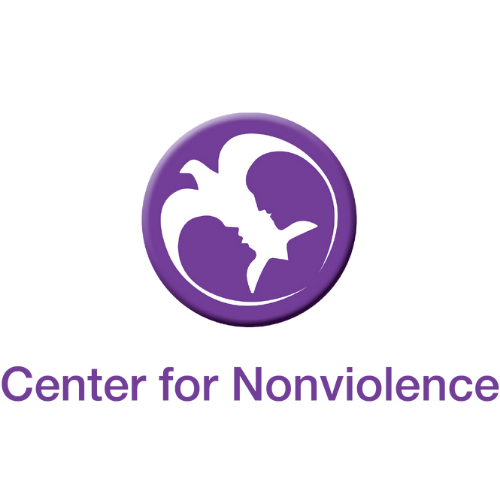Our Story
For 40 years, our mission has been to provide education, support, and advocacy to end domestic and other forms of violence, while modeling equality and power-sharing. Our vision is to create homes, communities, and a world free of violence and oppression. We do that by providing a safe, welcoming, and affirming space where individuals and families whose lives have been impacted by violence can receive trauma-informed, client-centered, culturally affirming services.Our programs and services are tailored to meet the needs of individuals and families across the violence spectrum. We provide support and advocacy for those surviving violence; intervention services for those who have used violence; and prevention services that promote safe, stable, and nurturing relationships and environments. Our History
From the very beginning, our philosophy and values have been rooted in practices that are feminist, collectivist, and anti-racist. Founded in 1981 as Men for Nonviolence, the organization’s original purpose was to provide a space where male allies in the movement to end violence against women could challenge other men to examine their use of violence and the beliefs that supported it.Soon, Men for Nonviolence saw the need to offer holistic, supportive services for women, children, and historically marginalized populations, and, in 1984, became the Center for Nonviolence.Now, a diverse and highly trained staff of advocates, preventionists, and interventionists carry forward the organization’s mission and legacy of providing programs and services that center our community’s most vulnerable members.Through the Center’s many changes and transitions, our commitment to ensuring that our work is led and informed by women, historically marginalized communities, and survivors of violence remains a core principle of our practice.A look at the Center’s past 40 years…





















































